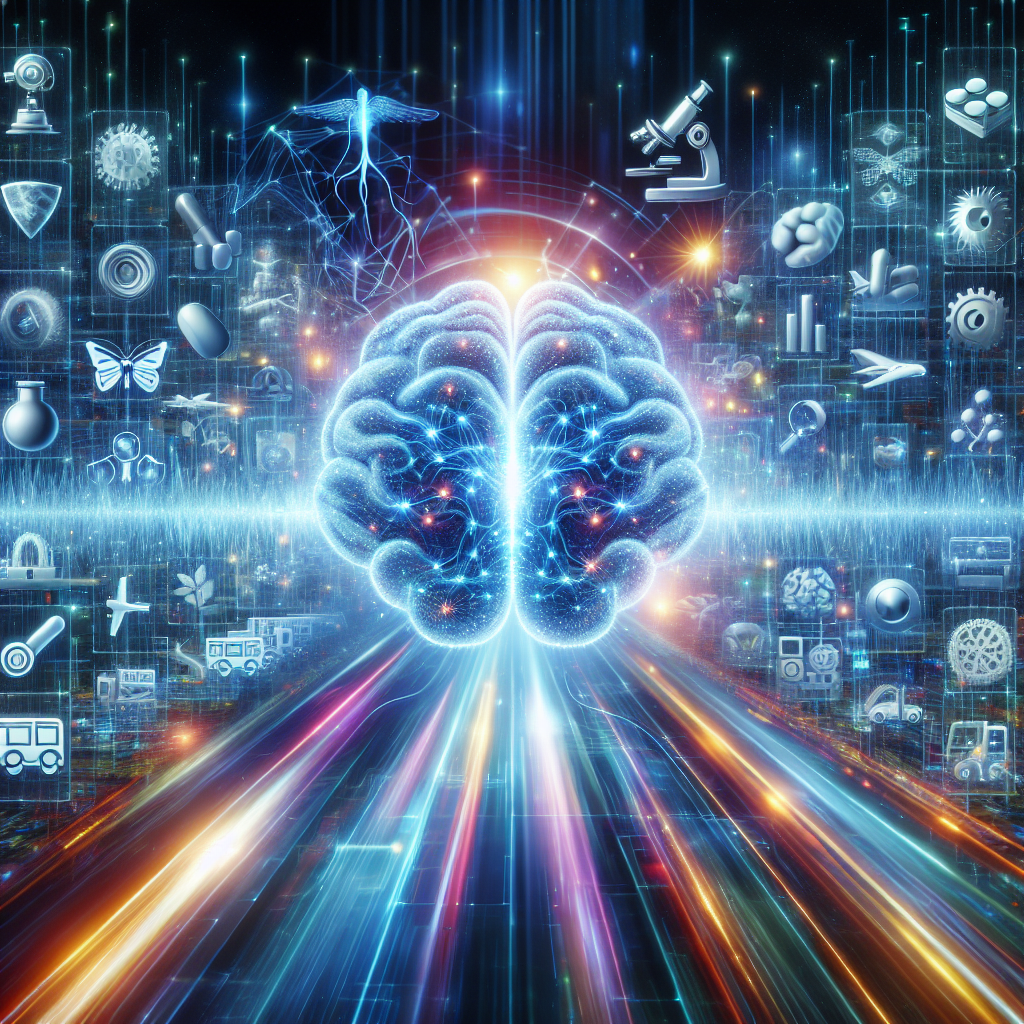· 3 min read
Can Artificial Intelligence Make a Significant Impact in the Future: Unveiling the Potential
AI has already begun to enhance the healthcare industry in numerous ways. From diagnostics to treatment, AI algorithms can analyze vast amounts of medical data to assist doctors in accurately diagnosing diseases and developing personalized treatment plans. AI-powered applications can detect patterns and anomalies in medical images, leading to early detection of diseases like cancer. Additionally, AI-powered robotic systems can perform surgical procedures with exceptional precision, reducing the risk of human error.

Can Artificial Intelligence Make a Significant Impact in the Future: Unveiling the Potential
In recent years, artificial intelligence (AI) has emerged as one of the most revolutionary and transformative technologies across various industries. With its ability to mimic human intelligence and perform complex tasks, AI holds immense potential to make a significant impact in the future. From healthcare to finance, transportation to education, AI is poised to revolutionize and shape the way we live and work. In this article, we will delve into the potential of AI and how it can reshape our future.
AI has already begun to enhance the healthcare industry in numerous ways. From diagnostics to treatment, AI algorithms can analyze vast amounts of medical data to assist doctors in accurately diagnosing diseases and developing personalized treatment plans. AI-powered applications can detect patterns and anomalies in medical images, leading to early detection of diseases like cancer. Additionally, AI-powered robotic systems can perform surgical procedures with exceptional precision, reducing the risk of human error.
Furthermore, AI has immense potential in the finance industry. With its ability to analyze vast amounts of financial data in real-time, AI algorithms can detect patterns and make predictions, helping financial institutions make better investment decisions. AI-powered chatbots are also transforming the customer service experience by providing immediate, personalized solutions to individual queries. This not only improves customer satisfaction but also reduces operational costs for businesses.
The transportation industry is also set to undergo a significant transformation with the advent of AI. Self-driving cars, powered by AI algorithms and sensors, have the potential to greatly improve road safety and reduce accidents caused by human error. AI can also optimize traffic flow, predicting congestion patterns and suggesting alternative routes to minimize travel time. Additionally, AI-powered drones and delivery robots are revolutionizing the logistics industry by enabling fast and efficient delivery services.
In the field of education, AI has the potential to tailor learning experiences to individual students’ needs. Intelligent tutoring systems can provide personalized instructions, adapting the curriculum to match students’ learning styles and abilities. AI-powered grading systems can assess students’ assignments and exams, providing immediate feedback and reducing teachers’ workload. Moreover, AI can analyze vast amounts of educational data to identify gaps in knowledge and suggest improvements in curriculum and teaching methods.
Although the potential of AI is undeniable, it is crucial to address the ethical and societal implications that come with its adoption. Privacy concerns, job displacement, and biases in AI algorithms are some of the challenges that need to be addressed to ensure AI’s responsible and equitable use.
In conclusion, artificial intelligence has the power to make a significant impact on various industries in the future. From healthcare and finance to transportation and education, AI’s ability to analyze vast amounts of data, make predictions, and perform complex tasks can revolutionize our lives. However, it is essential to approach its implementation with diligence and responsibility, addressing the ethical concerns and striving for equitable use. With careful planning and ethical considerations, AI has the potential to create a brighter and more efficient future for humanity.